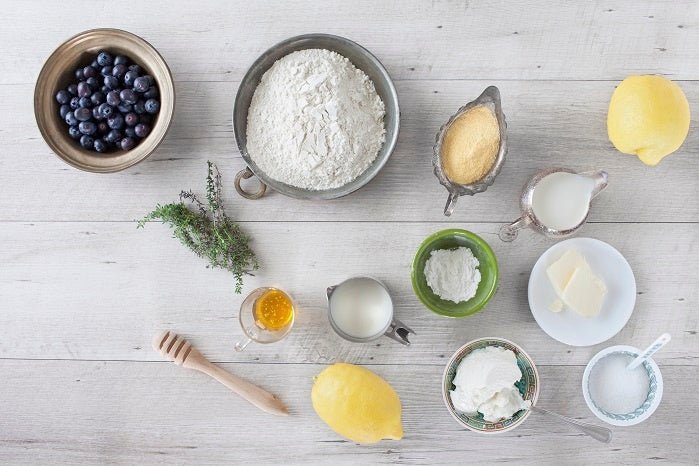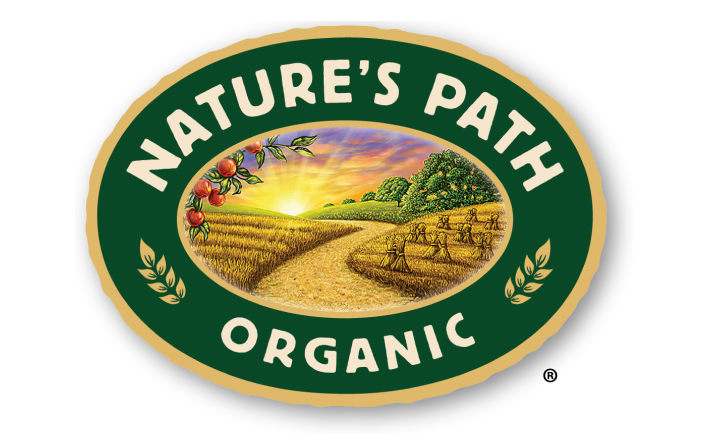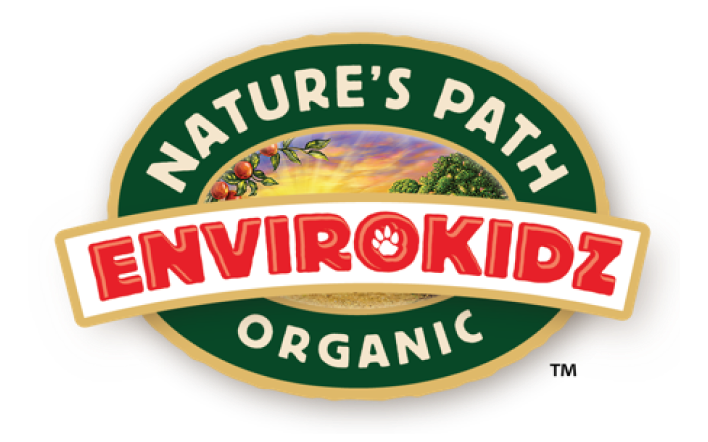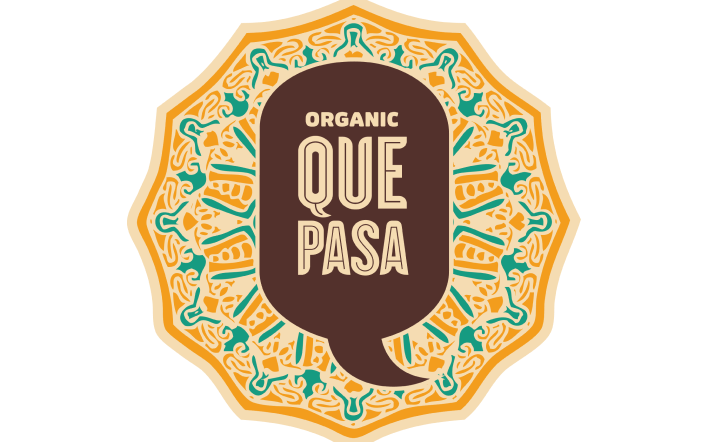
7 Egg Substitutes in Recipes
Historically, eggs have been seen as absolute must-haves in the kitchen. They can indeed be huge assets in cooking and baking as they help thicken, bind and volumize, and they help with texture, moisture and strength. But these are the days of finding plant-based and vegan alternatives in the kitchen whether for health, allergy or environmental considerations, and that includes finding healthy food egg substitutes.
Experimenting with new ingredients for plant-based recipes is way easier (and more fun!) than you might think. There are many excellent egg replacers we can turn to, and although they do often alter recipes slightly (sometimes you won't even notice!), usually it's for the better.
1. Aquafaba
3 tbsp aquafaba = 1 egg
2. Flax Seeds or Chia Seeds
3 tbsp water + 1 tbsp ground flax seeds or chia seeds = 1 egg
3. Tofu
1/4 cup pureed tofu = 1 egg
4. Bananas
1 mashed ripe banana = 1 egg
5. Applesauce
1 tbsp applesauce = 1 egg
6. Vegetable Oil
Does a recipe only call for one egg when baking? A quarter cup of vegetable oil can substitute for it. If you need more than one egg, try other options to minimize grease and oil.1/4 cup vegetable oil = 1 egg
7. Baking Powder, Water and Vegetable Oil
If the egg is intended to help with leavening, try this recipe of water (2 tablespoons), vegetable oil (1 tablespoon) and baking powder (2 tablespoons) for each egg called for. This is especially useful in baking.2 tbsp water + 1 tbsp vegetable oil + 2 tbsp baking powder = 1 egg
As you can see, one trick in having success with egg substitutes is to determine the purpose of the egg(s) in a recipe.- For instance, if you notice a recipe is relatively dry, then it is likely that the egg is used for moisture.
- If the recipe calls for baking powder or baker's yeast, the egg likely helps with rising.
- For structural dishes such as bread and meatloaf, eggs help with binding.
- If they are used for glazing, you can probably skip a substitute altogether, as the egg probably only affects appearance. (Or try aquafaba - which can make a great glaze on pastry crusts, for example!)
Would you like to be the first to hear about our new products and more? Sign up for our Nature’s Path Newsletter.






